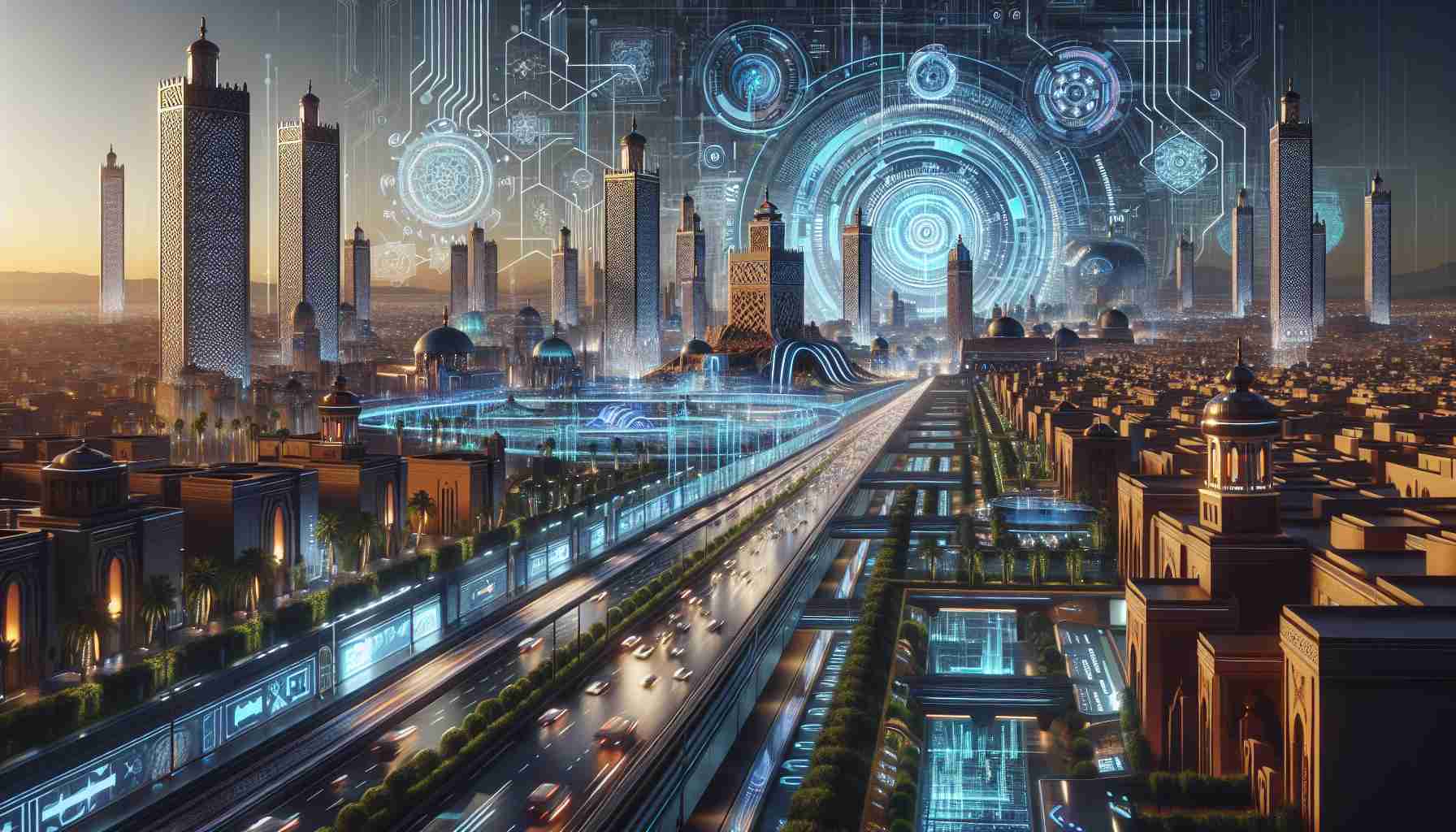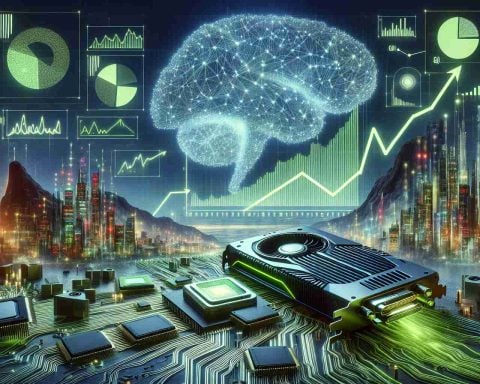- Morocco is advancing as a technological leader in North Africa with its “Digital Morocco 2030” policy.
- The development of smart cities, led by Casablanca, integrates IoT for better urban management and connectivity.
- Significant investments in renewable energy include the Noor Solar Plant using AI for increased efficiency.
- Educational reforms emphasize tech literacy and coding, preparing a future workforce skilled in digital technologies.
- Morocco aims to set a regional example through its commitment to innovation and digital transformation.
As Morocco strides confidently into the digital age, it uniquely positions itself as a technological frontier in North Africa. This year marks a significant milestone: the national launch of its ambitious “Digital Morocco 2030” policy. Aiming to establish the nation as a regional tech hub, this initiative encompasses groundbreaking projects and future-ready infrastructures.
One of the plan’s cornerstones is the development of smart cities across the country, with Casablanca leading the way. Equipped with Internet of Things (IoT) capabilities, these urban centers promise enhanced connectivity and data-driven governance. Imagine cities where energy consumption is monitored in real time and public services become more efficient with the aid of AI!
Additionally, Morocco is making strides in renewable energy, integrating cutting-edge technologies to harness solar and wind power. The nation’s drive towards sustainability is highlighted through state-of-the-art projects like the Noor Solar Plant, which is among the world’s largest and is set to incorporate advanced AI analytics for performance optimization.
In the education sector, digital transformation agendas promise to rewrite the future. By fostering tech literacy and introducing coding into curricula, Morocco focuses on nurturing a new generation of innovators. Initiatives like the “Coding for Everyone” program aim at integrating programming skills among the youth, empowering them to thrive in a global digital economy.
Morocco’s vision is clear: by embracing innovation and harnessing technology, it seeks not only to enhance its own socio-economic fabric but to inspire neighboring nations to follow suit in this digital renaissance.
Discover Morocco’s Digital Transformation in 2030: A Glimpse into the Future
Pros and Cons of Smart City Initiatives in Morocco
Pros:
1. Enhanced Connectivity: With the integration of IoT in Casablanca, citizens experience improved connectivity that enhances daily living and governance.
2. Data-Driven Governance: The ability to collect and analyze data in real time allows for more efficient public service delivery.
3. Sustainability: Smart cities focus on reducing carbon footprints by optimizing resources like electricity and water.
Cons:
1. Privacy Concerns: With increased data collection, there is an inherent risk of privacy invasion.
2. High Implementation Costs: Establishing and maintaining smart city infrastructures require significant financial investment.
3. Potential for Inequality: There is a risk that smart city benefits may not be uniformly distributed, potentially widening the urban-rural gap.
Insights into Morocco’s Renewable Energy Integration
Morocco is not just aiming for increased energy independence but also leading from the front in sustainability through projects like the Noor Solar Plant. This project’s integration of AI analytics suggests improved predictions and efficiency in energy production, marking a significant leap towards Morocco’s green goals.
Market Forecast for Digital Education in Morocco
Driven by initiatives like the “Coding for Everyone” program, Morocco’s educational transformation is set to create a tech-literate youth. By 2030, it is projected that a significant portion of the young workforce will possess programming skills, opening up diverse opportunities both locally and internationally.
Important Questions and Answers
1. How are smart cities transforming urban living in Morocco?
Smart cities like Casablanca improve urban living by providing enhanced connectivity, efficient public services, and real-time data monitoring, leading to optimized resource use and improved sustainability. The IoT infrastructure facilitates seamless communication and operations, creating a digitally integrated urban environment.
2. What role does AI play in Morocco’s renewable energy sector?
AI in Morocco’s renewable energy sector, particularly in projects like the Noor Solar Plant, optimizes performance through predictive analytics. This integration leads to better energy management, efficiency in resource usage, and helps in making informed decisions for future energy needs.
3. How is the digital education transformation impacting Moroccan society?
The digital transformation in education, spearheaded by programs such as “Coding for Everyone,” is preparing Moroccan youth to engage in the global digital economy. By integrating tech literacy and programming into education, these initiatives aim to produce a skilled, innovative workforce crucial for Morocco’s technological and economic growth.
For more information, click here: Morocco Official Portal




















